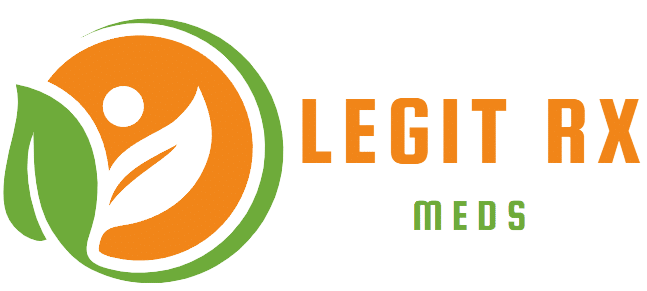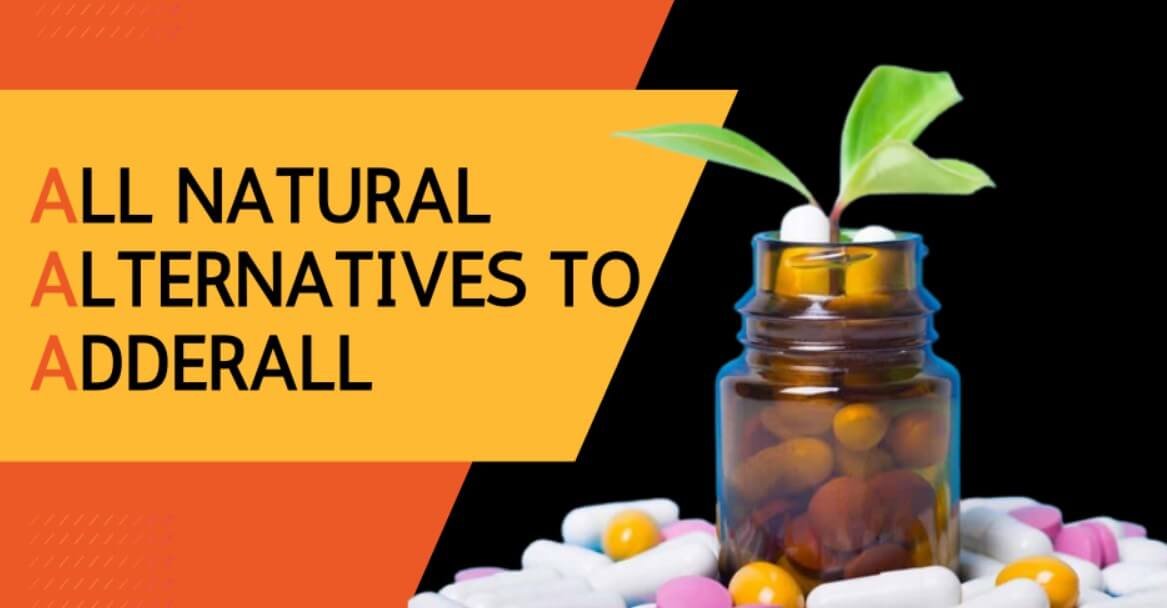Are There Natural Alternatives to Adderall?
Adderall is a powerful prescription medication that stimulates the brain. It is primarily recognized as a treatment for attention deficit hyperactivity disorder. And occasionally narcolepsy. Several natural supplements may aid in the reduction of ADHD symptoms. People also purchase Adderall online to remedy narcolepsy symptoms.
Specific natural alternatives to Adderall may aid in the reduction of ADHD symptoms. They may also help to balance stimulation and enhance concentration, whether or not you have ADHD symptoms.
Adderall and Adderall XR are FDA-controlled prescription medications that enhance vitality, focus, and attention. This potent medication is not available over the counter. Due to its potent stimulant effects, it is the most recommended ADHD medication.
It is extensively abused because of its sedative properties. A practice that is causing the media community increasing concern. ADHD is typically treated with potent stimulants such as Adderall, which is safe and effective when taken precisely as prescribed.
A person taking this medication experiences increased vitality, mental performance, and mental productivity.
Natural alternatives to Adderall
Despite the fact that natural alternatives to Adderall are not as potent as synthetic drugs, they are not innocuous. Natural alternatives can cause severe adverse effects or pose the risk of accumulating toxic chemicals in the body. Always adhere to dosage instructions and consult with a medical professional.
Citicoline
It is a pharmaceutical substance identical to phosphatidylcholine, a natural alternative to phospholipids. Phospholipids improve brain function and may aid in the repair of brain damage. In Japan, citicoline was formulated as a medication for stroke recovery.
According to 2014 research, this natural supplement may assist with nervous system and brain disorders, such as glaucoma and certain forms of dementia. Additionally, it may help alleviate the symptoms of ADHD. In some countries, it is a prescription substance. However, it is sold as a natural alternative or supplement in the United States.
Vitamin B-6 and magnesium
Vitamin B-6 contributes to the production of serotonin. This neurotransmitter is necessary for serenity and mood. It works with magnesium to maintain chemical equilibrium in the brain.
In a study, medical personnel gave magnesium and vitamin B-6 supplements to 40 children who have ADHD. This study indicates that after eight weeks of taking these supplements, all of the children experienced reduced symptoms. Improved hyperactivity, mental concentration, and aggressiveness. The study discovered that ADHD symptoms returned a few weeks after supplementation was discontinued.
Methionine
It is an amino acid required for the synthesis of brain compounds. S-adenosyl-l-methionine is the name for the active form. This supplement has been used to treat symptoms of depression and ADHD.
In a four-week study conducted in 1990, 75 percent of those with ADHD (6 out of 8) treated with SAM supplements exhibited improved symptoms. However, this supplement may increase anxiety and manic episodes in adults with bipolar disorder. Finding the optimal dosage of methionine to treat ADHD as an alternative to Adderall will require additional research.
Pycnogenol
It is a registered trademark for an extract of French maritime pine bark. It aids in improving circulation and lowering blood pressure. Consuming this dietary supplement may reduce oxidative inflammation and tension in your body, thereby reducing the severity of ADHD symptoms.
Scientists are currently investigating the role of inflammation and oxidative stress in the onset of ADHD symptoms, but additional research is required to confirm this link. A previous study found that Pycnogenol supplements helped considerably reduce hyperactivity symptoms in children who have ADHD.
Over the course of four weeks, Pycnogenol improves focus, attention, and hand-eye coordination. It is unknown whether adults with ADHD would experience the same effects.
Ginkgo biloba
It is a commonly marketed herbal supplement intended to enhance memory and blood flow in the elderly. A study revealed that an extract from this dietary supplement may help children with ADHD.
For three to five weeks, twenty children were given an extract instead of ADHD medications. All of the children improved on standardized tests and had a higher quality of life overall. Before this supplement can be used as a substitute for Adderall in adults and children, additional research and dosage testing are necessary.


